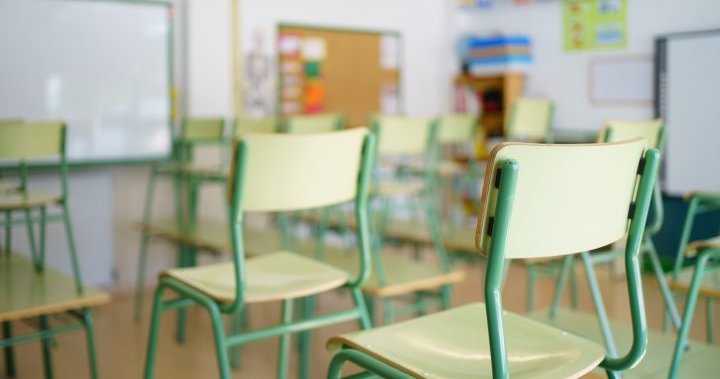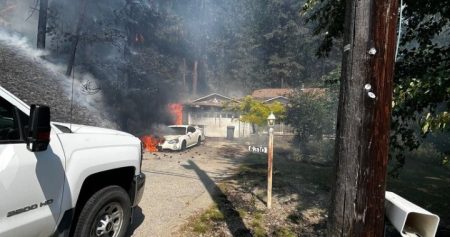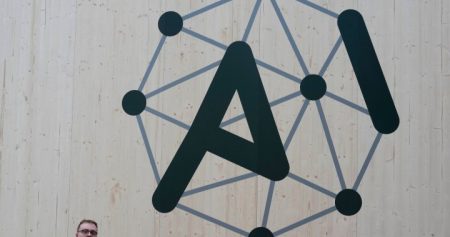Investigations into Toxic School Environments in Montreal
The Quebec Ministry of Education has launched investigations into three French-language schools in Montreal following audits that revealed a range of issues contributing to a toxic climate. Education Minister Bernard Drainville announced that the audits, conducted at La Voie, Bienville, and Saint-Pascal-Babylon schools, raised concerns about the quality of education and the potential for harm to students’ physical and psychological well-being. The investigations were prompted by a previous report on Bedford School, where eleven teachers were suspended due to similar allegations. While the detailed findings of the audits remain confidential, Minister Drainville expressed concern over the nature of the allegations, emphasizing the need for a thorough investigation.
Context: Broader Concerns about Secularism in Quebec Schools
These investigations unfold within a larger context of concern surrounding secularism in Quebec schools. The province has ordered audits of seventeen schools in total, driven by allegations that the principle of secularism in public education was being compromised. A comprehensive report summarizing the findings of these audits is expected in January. Minister Drainville’s announcement of impending legislation to strengthen secularism in schools further underscores the gravity of the situation and the government’s commitment to addressing these issues.
Secularism Debate and Potential Impact on School Environments
The push for reinforced secularism in Quebec schools is a complex and contentious issue with potentially far-reaching consequences for the educational landscape. While proponents argue that it is essential for ensuring neutrality and inclusivity in public education, critics express concerns about potential infringements on religious freedom and the creation of a hostile environment for certain religious communities. The ongoing debate surrounding secularism highlights the delicate balance between upholding fundamental rights and fostering an inclusive and respectful learning environment for all students.
The Importance of Safe and Supportive School Environments
The investigations into these Montreal schools underscore the critical importance of creating and maintaining safe and supportive learning environments for all students. A toxic school climate, characterized by issues such as bullying, harassment, discrimination, or a lack of respect for diversity, can have a profoundly negative impact on students’ academic performance, emotional well-being, and overall development. Addressing these issues is paramount to ensuring that all students have the opportunity to thrive and reach their full potential.
Role of School Leadership and Governance in Ensuring Positive School Climates
Effective school leadership and robust governance structures are essential for cultivating positive school climates. School administrators and educators have a responsibility to create a culture of respect, inclusivity, and open communication, where students feel safe, valued, and supported. This includes implementing clear policies and procedures for addressing issues such as bullying and harassment, providing professional development opportunities for staff on creating inclusive classrooms, and fostering strong partnerships with parents and community members.
Looking Ahead: Addressing Systemic Issues and Promoting Positive Change
The investigations into these Montreal schools offer an opportunity to address systemic issues and promote positive change within the Quebec education system. By thoroughly investigating the allegations, implementing appropriate measures to address any wrongdoing, and engaging in open dialogue about the challenges facing schools, the province can work towards creating learning environments that are truly safe, supportive, and inclusive for all students. This will necessitate ongoing efforts to promote cultural understanding, address systemic inequalities, and foster a culture of respect and empathy within the school community.










